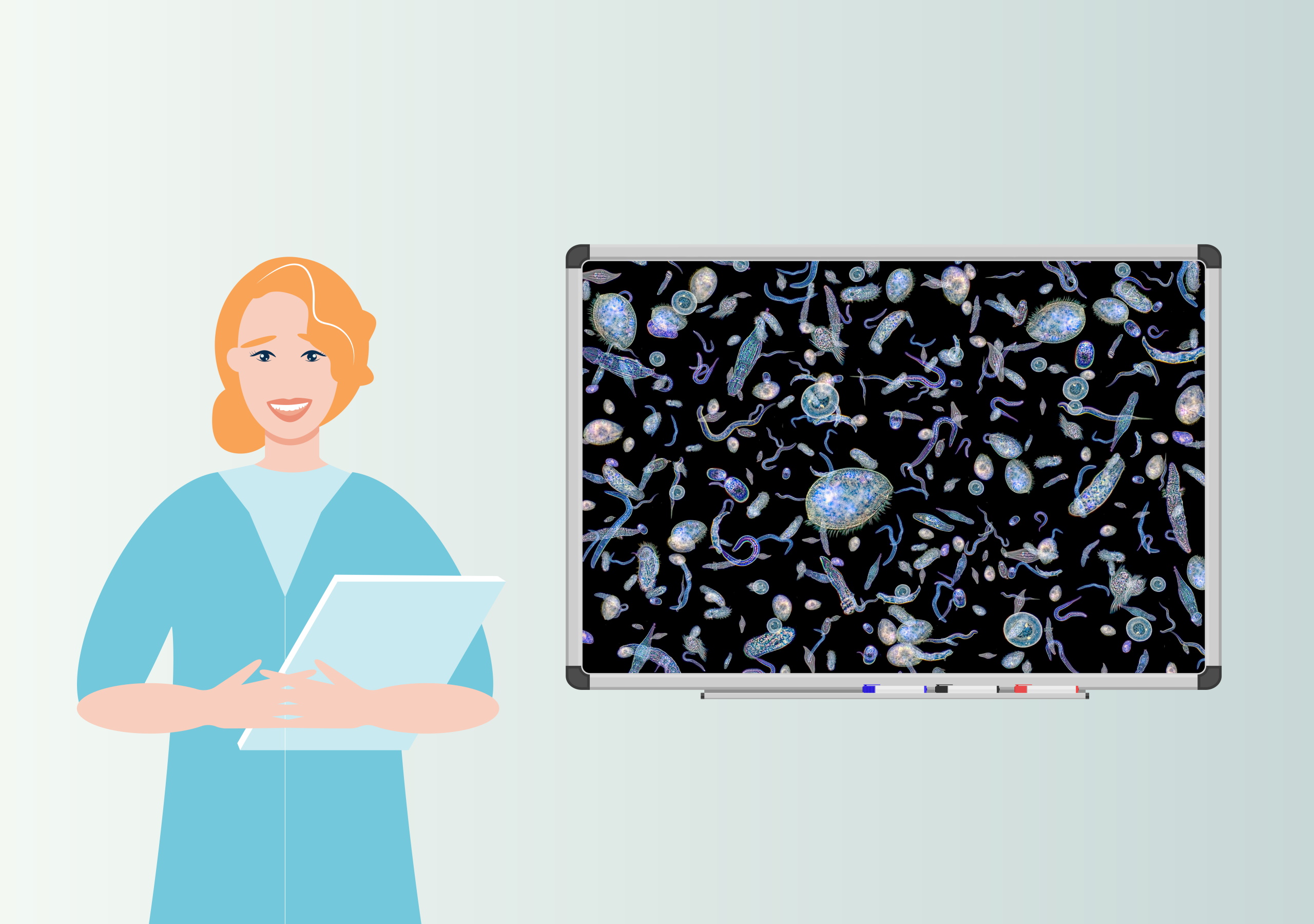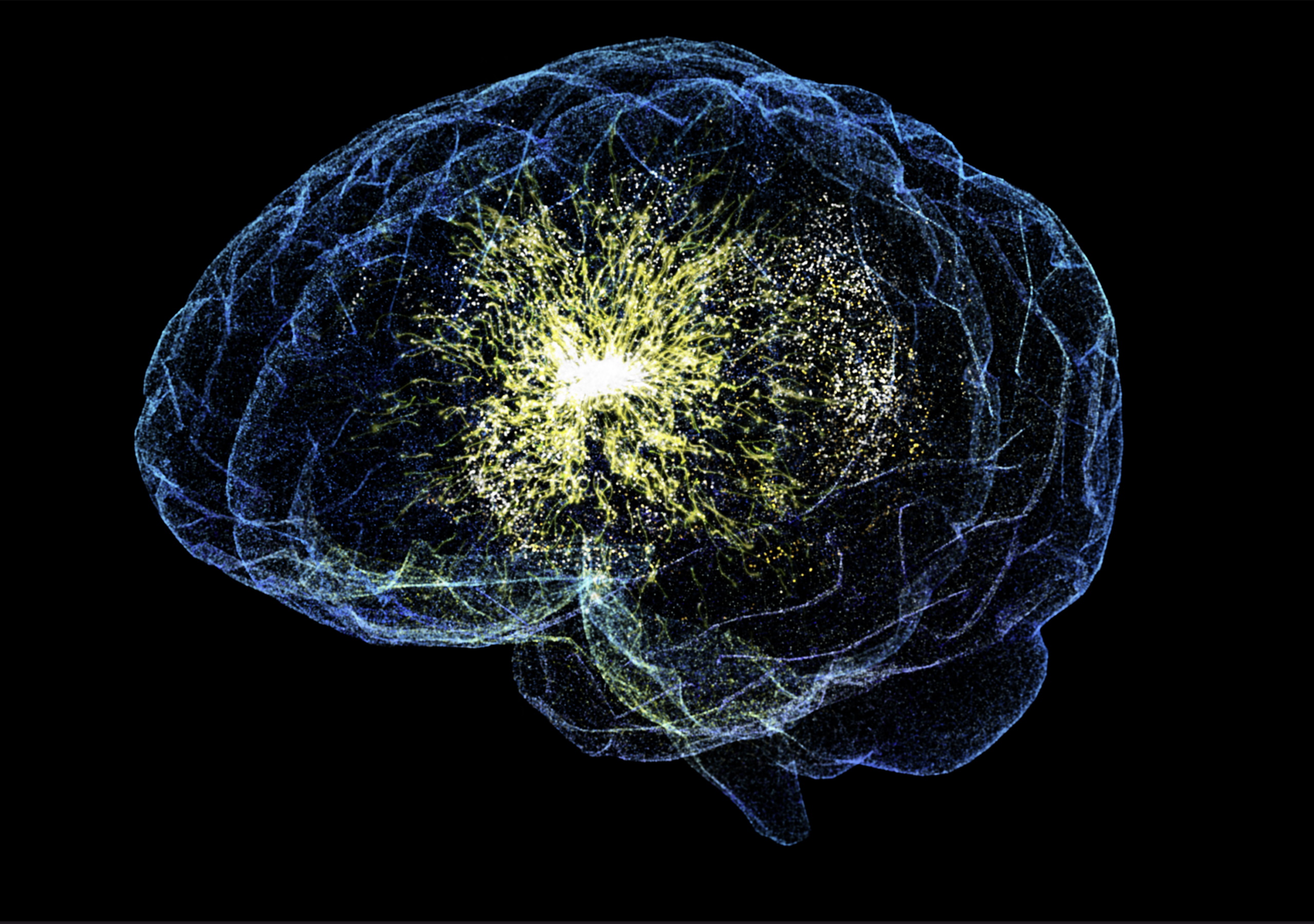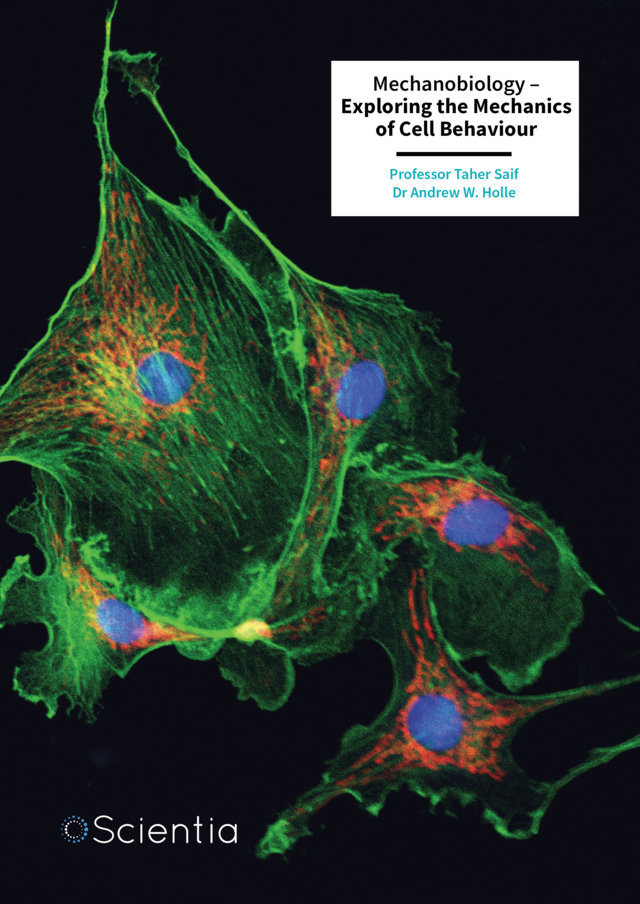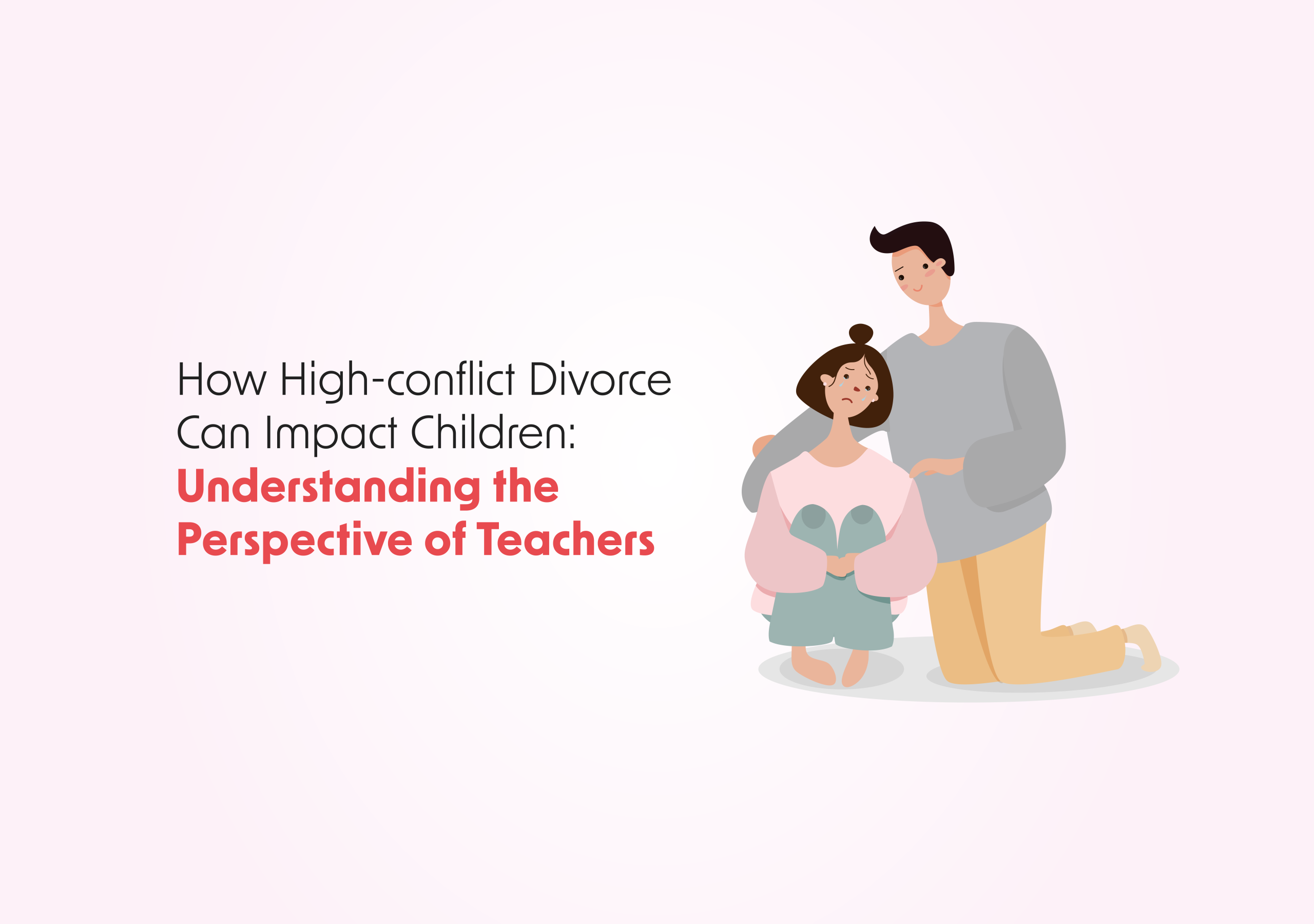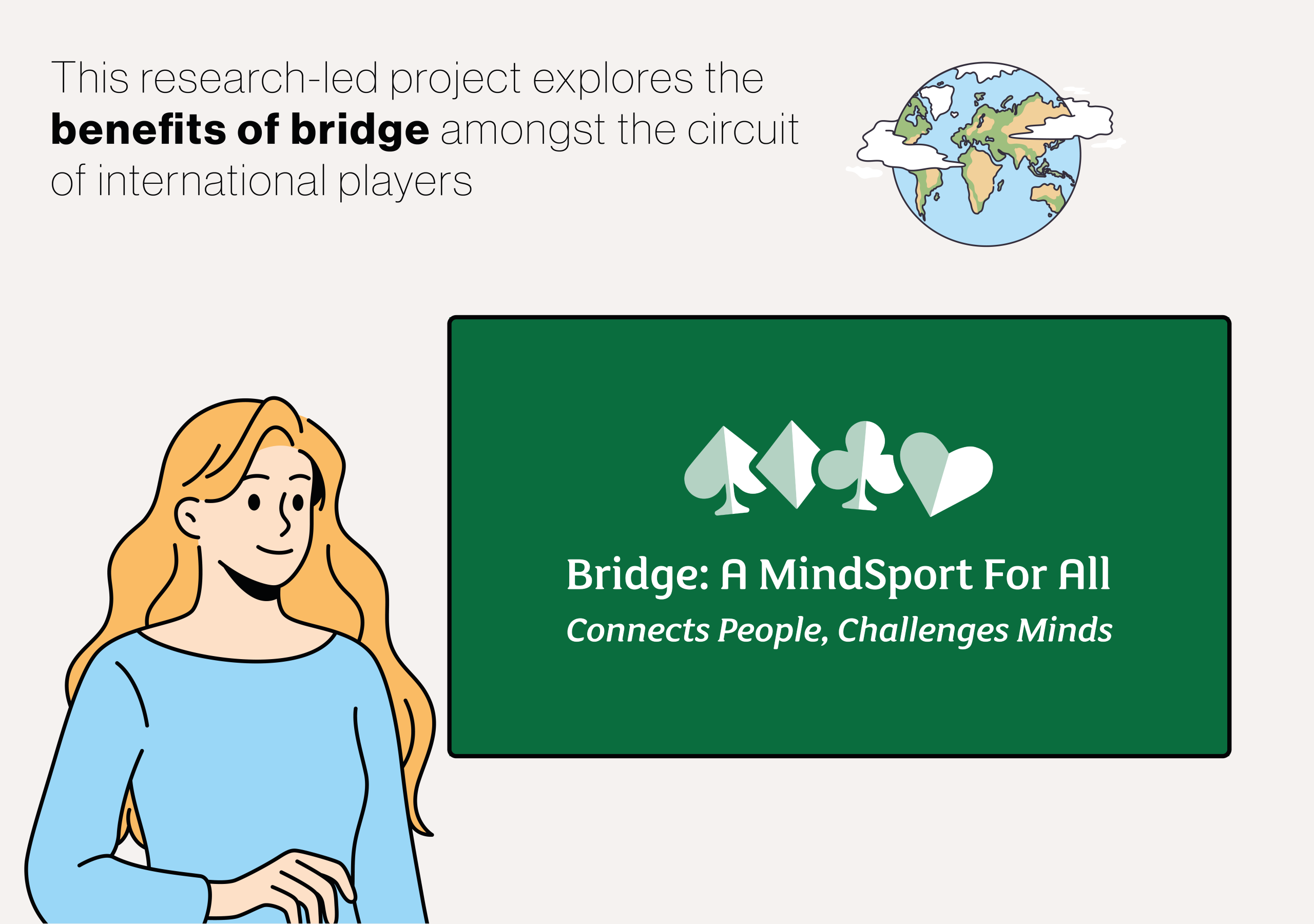When Russia launched its full-scale invasion of Ukraine in February 2022, the European Union faced a crisis that demanded a swift and unified response. A new study by Professor Elena Baracani from the University of Bologna examines how Ursula von der Leyen, President of the European Commission, used her leadership role to shape the EU’s reaction during the crucial first 10 weeks of the conflict. More
The role of the European Commission in shaping the EU’s agenda during times of crisis has been a subject of intense debate among scholars and policymakers alike. Some argue that the Commission’s influence has diminished in favour of the European Council, while others maintain that the Commission plays a crucial role in setting the stage for and following up on European Council decisions, especially in complex policy areas.
Professor Elena Baracani at the University of Bologna contributes to this ongoing debate by examining President von der Leyen’s ‘ideational agenda-setting’ leadership during the early stages of the Ukraine crisis. This concept refers to how a leader uses their ideas and strategic framing to build support for their proposals and shape policy outcomes.
Baracani analysed 30 of von der Leyen’s public speeches, statements, and remarks from February 16 to May 6, 2022. This period covers the eight days before Russia’s invasion and the ten weeks that followed. The researcher also conducted confidential interviews with a member of the President’s cabinet, a Commission representative in a member state, and a Member of the European Parliament to gain additional insights.
Professor Baracani found that von der Leyen’s response to the crisis was guided by four key principled ideas. First, the EU was created to end war in Europe. Second, respect for international law is a fundamental principle of EU foreign policy. Third, the Ukrainian people are holding up the torch of freedom for all of us. And fourth, freedom and democracy are priceless, regardless of the economic cost of sanctions.
Within this framework, von der Leyen developed five main pillars of her overall vision as the crisis unfolded. She asserted that the war marks the beginning of a new era characterized by attempts to redraw Europe’s map by force. She emphasized that Russian President Vladimir Putin is responsible for bringing war back to Europe. Von der Leyen argued that Russia invaded Ukraine because it has become a stronger, freer, and more sovereign country since 2014. She framed the crisis as not only about Ukraine but also about autocracies challenging democracies. Finally, she consistently maintained that Ukraine belongs to the European family.
Notably, von der Leyen’s approach to the crisis aligned closely with her vision of a “geopolitical Commission,” which she had articulated upon taking office in 2019. This concept aimed to strengthen the Commission’s role in foreign policy and position the EU as a more assertive global actor. The Ukraine crisis provided a critical test for this vision, and von der Leyen’s active involvement in shaping the EU’s response demonstrated her commitment to this geopolitical approach.
In the days leading up to the invasion, von der Leyen took proactive steps to prepare the EU’s response. When Russia recognized the independence of the Donetsk and Luhansk regions on February 21, she immediately condemned the action and announced that sanctions would follow. The next day, she declared that EU member states had agreed on a new package of sanctions against Russia, demonstrating the rapid response she had prepared for.
Following the full-scale invasion on February 24, von der Leyen played a crucial role in coordinating the EU’s response with international partners. She was instrumental in building consensus among G7 leaders to freeze a large part of Moscow’s foreign currency reserves, a move that significantly impacted the Russian economy. This phase of her leadership was characterized by a focus on unity with transatlantic partners and the implementation of strong sanctions against Russia.
As the conflict progressed into March, von der Leyen’s leadership was evident in her efforts to address the broader implications of the war. She emphasized the need to reduce the EU’s dependence on Russian energy, a theme that became increasingly prominent in her statements. This culminated in a joint announcement with U.S. President Joe Biden on March 25 of a partnership to reduce Europe’s reliance on Russian gas.
Von der Leyen’s active role in foreign policy matters continued throughout April. On April 8th, she made a highly symbolic visit to Kyiv, where she met with Ukrainian President Volodymyr Zelenskyy. During this visit, she presented Ukraine with a questionnaire that marked the first step in the country’s EU membership application process, signalling her commitment to bringing Ukraine closer to the EU. This move aligned with her consistent message that Ukraine belongs to the European family.
Baracani’s research reveals that von der Leyen’s comprehensive approach targeted different recipients in both external and domestic policy areas. By establishing a clear, principled lens through which to interpret the crisis, she provided the normative justification for new issues to enter the EU’s political agenda. For example, she contributed to bringing issues such as eliminating energy dependence on Russia and addressing Ukraine’s future EU membership onto the agenda.
Moreover, von der Leyen used the crisis as an opportunity to emphasize existing political priorities, such as the need to invest in Europe’s security and accelerate the transition to renewable energy sources. This approach was likely facilitated by her in-depth knowledge of the various dimensions of the crisis and the further centralization of policy control within the Commission.
Baracani concludes that von der Leyen’s leadership during the first 10 weeks of the Ukraine crisis contributed to advancing European integration by favouring a united, prompt, and comprehensive EU response. However, the researcher notes that further studies are needed to explore how new developments in the EU, member states, and the ongoing war might affect the President’s ability to continue shaping European integration.
This study provides valuable insights into how political leadership at the EU level can influence crisis response and policy-making. It demonstrates the importance of ideas and strategic framing in shaping the political agenda, particularly during times of crisis when swift and decisive action is required.
As the war in Ukraine continues and its impacts reverberate across Europe and the world, understanding the dynamics of EU leadership becomes increasingly important. Baracani’s research offers a foundation for further exploration of how the EU navigates complex geopolitical challenges and how its leaders can shape the Union’s role on the global stage.



